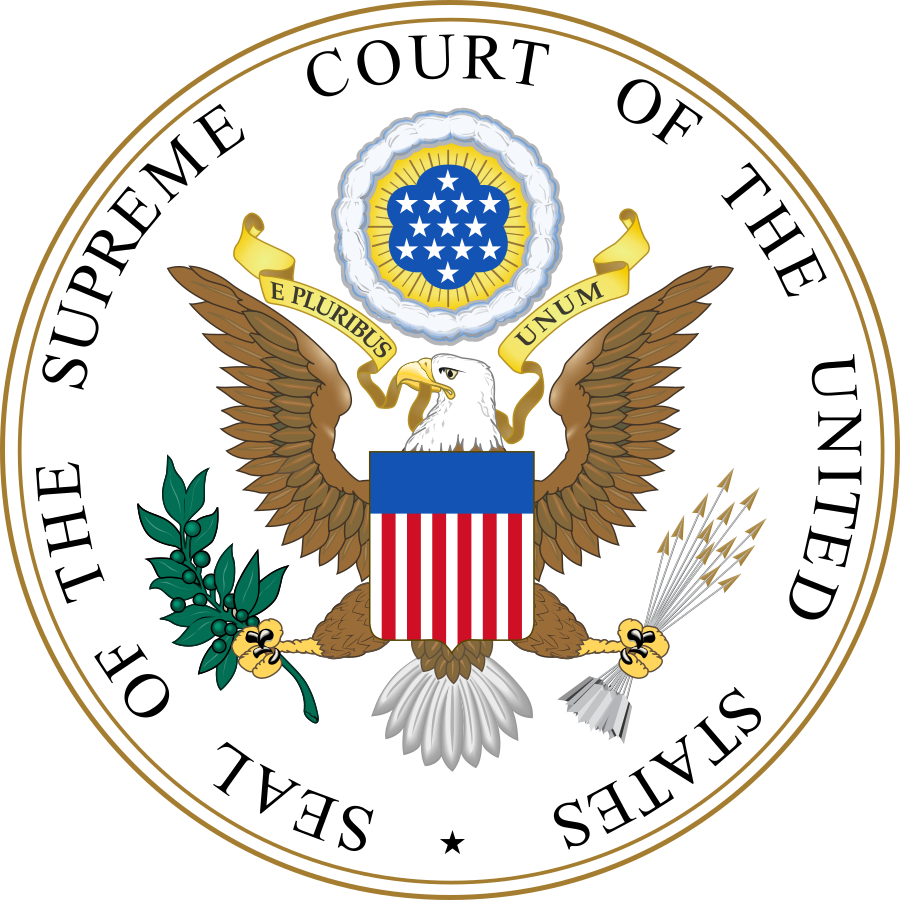
Grand old man of Progressivism favors soldier vote, higher taxes, fourth term
By Thomas L. Stokes, Scripps-Howard staff writer
McCook, Nebraska –
Former Senator George W. Norris, the grand old man of American Progressivism, looks out from the sun-porch windows of his home here upon the country and the world and finds some things that disturb him.
For the better part of an early spring afternoon, the venerable political warrior and philosopher talked about the course of events, speaking his fears of some trends he observes in Washington, where he served so long, and voicing also certain hopes and ideals for the future.
He is alarmed about what he regards as narrow partisanship in Congress. With much misgiving, he watched the fight in Congress over the soldier vote bill. He thought President Roosevelt was plainly right about this and the tax bill.
Just now he is deeply concerned over the fight that Senator McKellar (D-TN) is making against TVA, still closest to the aged statesman’s heart among the achievements of his career in Congress.
In the field of foreign policy, Mr. Norris is critical of our support of the Badoglio regime in Italy, of our recognition of Vichy, and what all this may mean, and, like so many others, he wonders what went on behind the closed doors at Cairo and Tehran. He concedes that he doesn’t have enough information to make sure and exact judgments, but he is beset with doubts about the indicated drift.
Favors fourth term
Despite this, however, and despite differences on some domestic policies, he is for a fourth term for President Roosevelt. He believes defeat of the President would hurt the morale of our armies, encourage our enemies, and prolong the war. He regards Mr. Roosevelt’s continuance in office as necessary to secure the right kind of peace.
Although he opposed the League of Nations after the last war, he is strong for an international organization to insure the peace after this war. He advocated the disarmament of Germany, Japan and Italy, perhaps also of Romania, Hungary and Bulgaria, and demolition of their armament and munitions factories; but he warns that the peace settlement this time must not be one of vengeance carried on to innocent generations, else there will be another holocaust.
It is inspiring and warming to talk to the ex-Senator, and particularly so here against his background, for it gives you a better understanding of the man and the people among whom he lives in mid-America – drab, yes; living in towns so much alike, yes; but still groping for a star.
Streamliner’s wall
There is the brick railroad station, where the streamliners whir by going East and West, and the plain people mill about – and now so many soldiers. Always associated with this country is the whistle of the streamliner which wails through the night, crying across the plains, lonely as the voice of a pioneer.
Away from the station, up the hill, leads Main Street, just as in all of these towns here, past the stores, predominantly chain names now, past the once-nice restaurant which is so crowded and so short of help that you have to stand in line to eat.
You pass the hotel where the manager, himself, is down every morning soon after daybreak, sweeping the lobby and tidying up.
Home for 60 years
Seven block from the station sits the two-story stucco house where the Senator lives with his wife who, at 70, has to do the cooking and most of the housework because of the lack of domestic help. The Senator has lived for 60 years in this house.
He meets you at the door and welcomes you, glad to have a visitor. He leads you to the sun porch off the first door, where he spends most of his time. Here he works on his autobiography which is now nearly completed and will be published in the fall. Newspapers are about, and books.
He talks about Washington and Congress and the world and the plain people, relighting from time to time the stub of a cigar.

